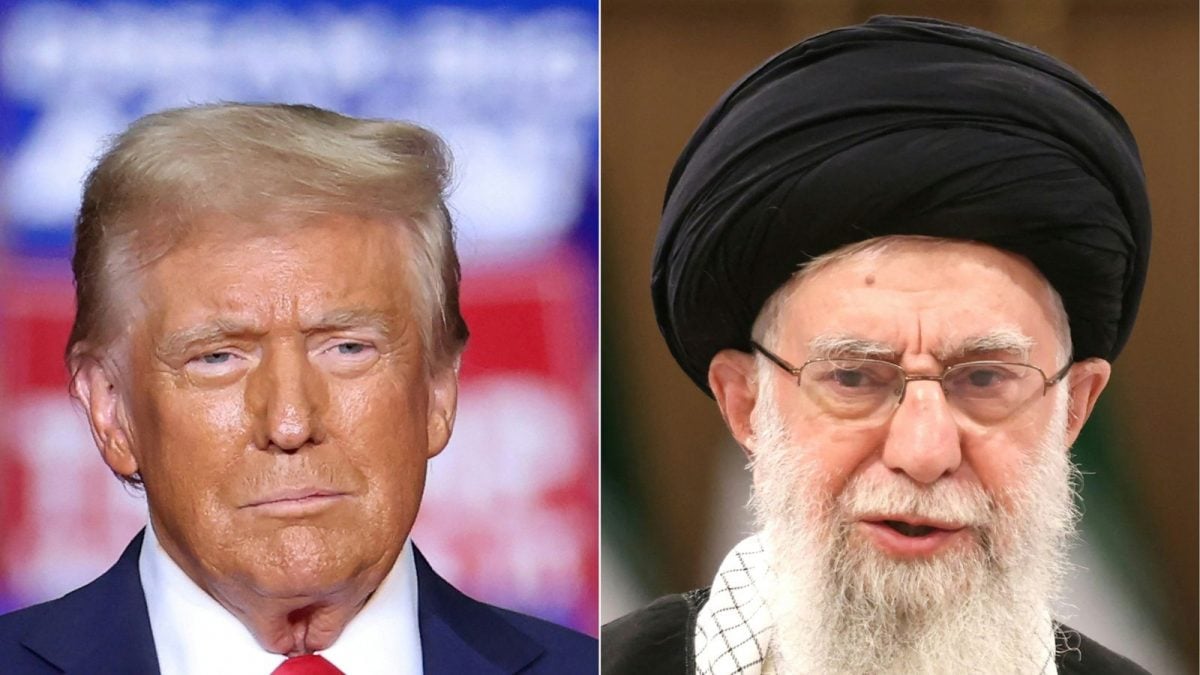ARTICLE AD BOX

Surveen Chawla shares her views on balancing motherhood and career, emphasizing the support system that enables working mothers. She prioritizes her daughter's privacy, shielding her from the public eye. Surveen advocates for recognizing Indian cinema as a unified entity, transcending regional labels, and acknowledges the positive impact of cross-industry collaborations.
Surveen Chawla is refreshingly candid—whether it’s on motherhood, guarding her daughter Eva’s privacy, or calling out gendered double standards in the industry. In this exclusive chat with ETimes, the actor opened up about work-life balance, her views on Indian cinema beyond regional labels, and the role that marked a turning point in her career.
Excerpts...Balancing motherhood with a demanding career is challenging. How do you manage this equilibrium?There is nothing to manage. I don't know why mothers get asked this question. I mean, if you're working, I'm sure there is a structure and a system back home. I have one. And if you're going to be working, for working women especially, I think there is always a village who's taking care of life back at home, whether it's home or your child. And it's a question that needs to be asked of both genders to maintain the equilibrium.
I think we're all multitaskers, especially women. We're built that way. And I think a lot of credit goes to us that we can manage this very flawlessly and seamlessly. I don't think that there is any great effort that needs to be put into managing children. Children grow up—they grow up seeing parents, whether their mother or their father, working all day—and they learn and they adapt. Especially when you have family back home.
So I'd love to give the credit to our partners or our family members who are always supporting, always taking charge, and stepping up when we're at work. So kudos to them.Your daughter, Eva, is growing up in the public eye. How do you ensure her privacy and well-being?Well, my daughter Eva is not in the public eye, and I choose to do that for obvious reasons—I’d like to keep that private. She’s honestly pretty clueless about the impact, as a public figure, I would have on people around—good or bad. She doesn't understand the concept of being a public figure or a celebrity, so she just knows I go to work.
Sometimes she sees my work—parts of it—that are age-appropriate, and I tell her that.
So far, she’s not really questioned me. She considers it to be just my work, and I’d like to normalize that. The fame and the fortune that come with it are for us to experience and have nothing to do with my child. Neither has she earned it, nor does she really need to know the perils that come with it. So yeah, I try to keep her away. I don't post about her.
I must have done that initially, but then sense prevailed, and I’ve chosen to keep my private life—especially my child—extremely private and all to myself.You've portrayed a diverse range of characters. Which role has been the most challenging, and why?You know, strangely, it's very difficult to answer this question— which role has been my favorite. I think my choice, or the roles that have gotten to me, have always been the ones that are challenging. Probably that's why I'm doing them. But I think every character comes with its own challenges, and to really pinpoint any one would be very difficult—extremely difficult.
Maybe for me, one turning point in my journey as an actor was Parched—having such a liberating experience as an actor on that film, I think, was a big turning point in my internal discussion as an actor and my internal journey.
So yeah, maybe.The Indian film industry has seen a surge in content across various languages. How do you perceive the growing influence of South Indian cinema?You know, it’s not really about the South Indian industry—I’d rather not call it that. It’s the Indian film industry. I would hate to label it as the South Indian film industry or the North Indian film industry, or even Bollywood or Tollywood.
It’s strange that we’re still using those terms. You can clearly see there’s been a massive influence and a strong crossover happening in both directions. What this has done is increase audience footfall in theatres, especially when actors from across the country are involved.
There’s more viewership, a wider audience base, and more tickets being sold because there’s a fan following nationwide. These crossovers are definitely beneficial. That’s what we’re witnessing—not just in numbers, but in cultural exchange too. So it’s a win-win. I truly believe we should start referring to it as Indian cinema, rather than dividing it into categories like Bollywood, Tollywood, or by region. That’s one important point I’d like to highlight in response to your question.



.png)
.png)
.png)
















 3 hours ago
3
3 hours ago
3









 English (US) ·
English (US) ·